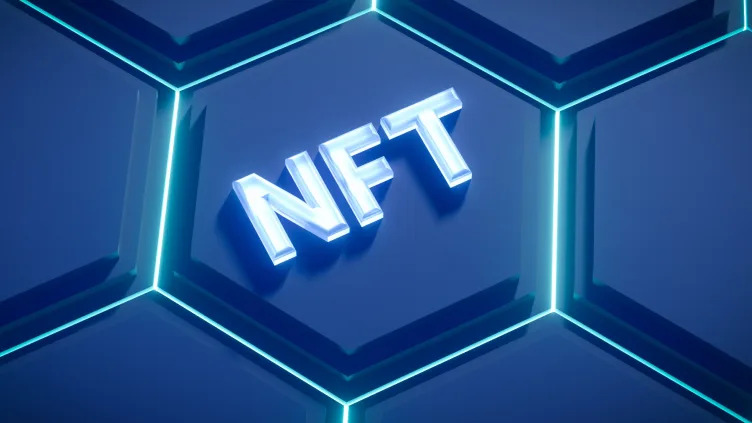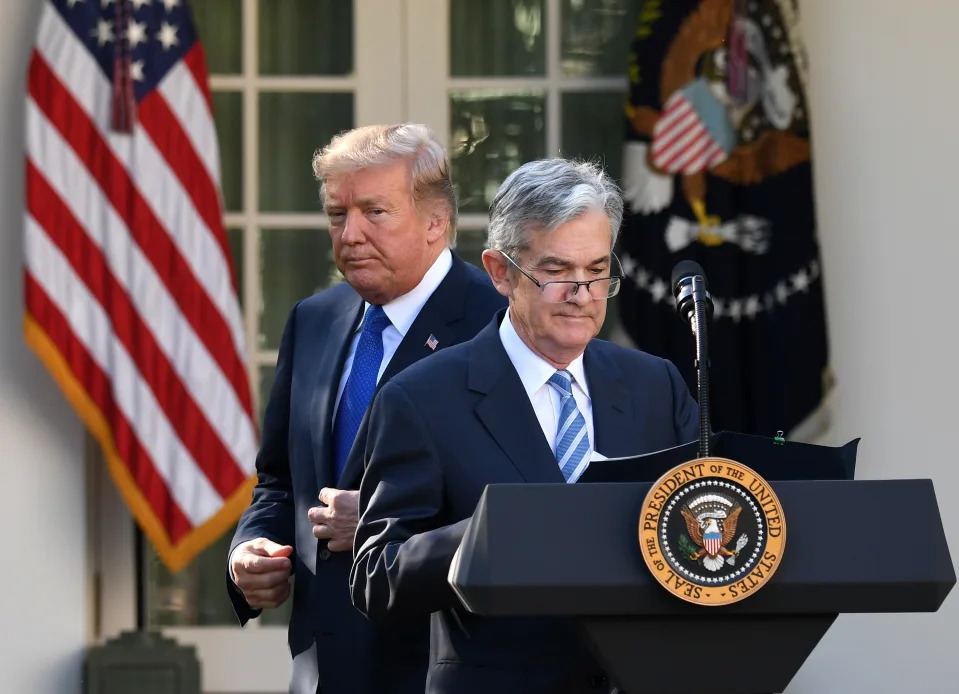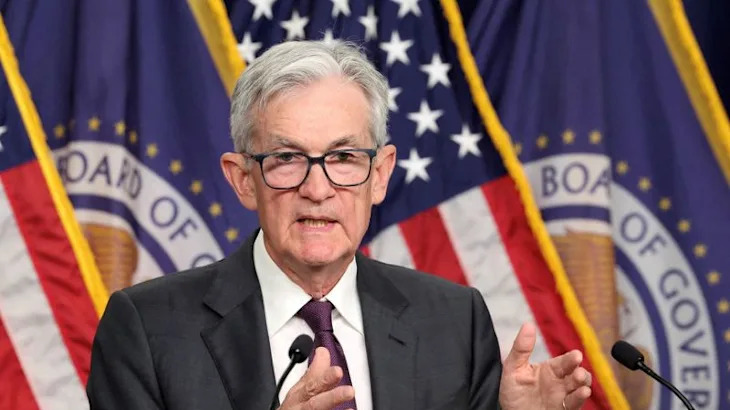
NFT trading volumes saw a significant drop in 2024, falling by 19% to $13.7 billion, the lowest since 2020. This decrease was accompanied by a reduction in sales, which dropped by 18% to around 50 million, down from over 60 million the previous year. Despite the overall market downturn, some NFT collections still showed impressive results. For example, Pudgy Penguins saw a 114% increase in floor price, even as sales fell by 44%. This success followed a partnership with major retail stores like Walmart and Selfridges, expanding the brand into physical merchandise.
Meanwhile, CryptoPunks experienced a 13% price rise, fueled by rumors of a potential sale of its intellectual property (IP) rights. The rumors, which circulated in January 2024, suggested that Yuga Labs, the company behind CryptoPunks, might be negotiating the sale of the IP rights to an undisclosed buyer. Although the speculation didn’t reveal specific names, it hinted that the buyer wouldn’t be a large Web2 company or another NFT brand like Azuki or Pudgy Penguins.
The year’s trading volumes peaked in the first quarter at $5.3 billion but fell dramatically to $1.5 billion by the third quarter. A recovery occurred in the fourth quarter, with volumes reaching $2.6 billion, partly due to an increase in cryptocurrency prices, especially Ethereum. This trend indicates that while the overall number of transactions dropped, higher-value transactions became more common, especially with institutional traders focusing on premium collections.
The NFT market also saw increased competition between platforms like Blur and OpenSea. OpenSea struggled after a Wells Notice from the U.S. Securities and Exchange Commission (SEC) in August, leading to a staff reduction. Meanwhile, Magic Eden gained ground by expanding its reach from Solana to include Ethereum, Polygon, and newer networks such as Base and Arbitrum. This shift reflects the NFT market’s growing diversity, with platforms exploring new blockchains and focusing on industries like gaming, real estate, and music.
Overall, 2024 highlighted the NFT market’s transition from speculative trading to more practical applications. While trading volumes declined, the emergence of NFTs in real-world use cases, such as gaming and digital ticketing, suggests the technology is evolving beyond its initial hype.





